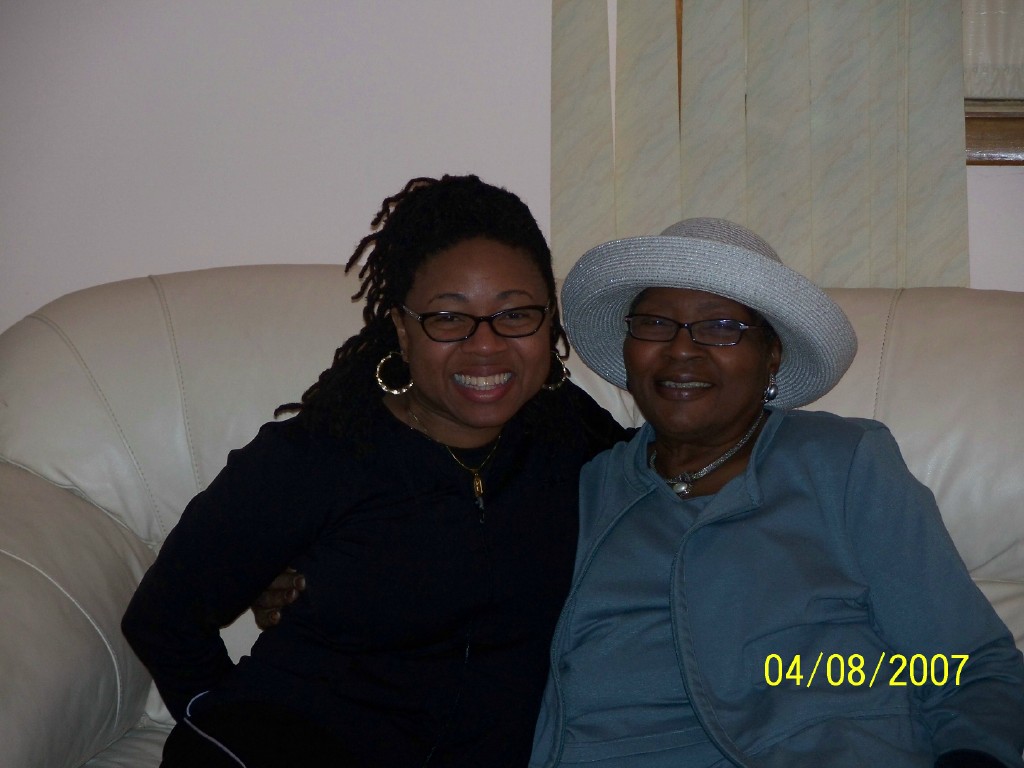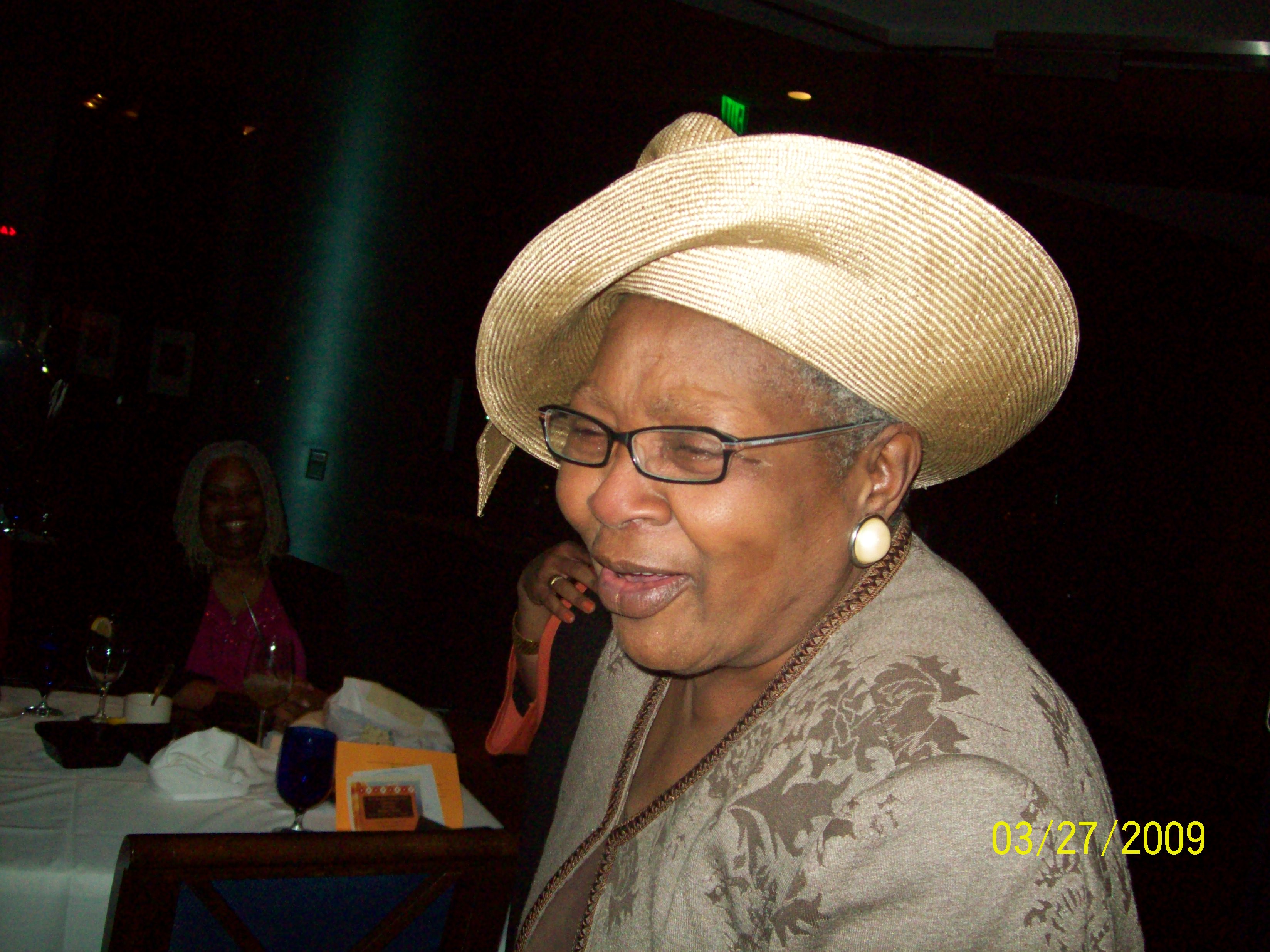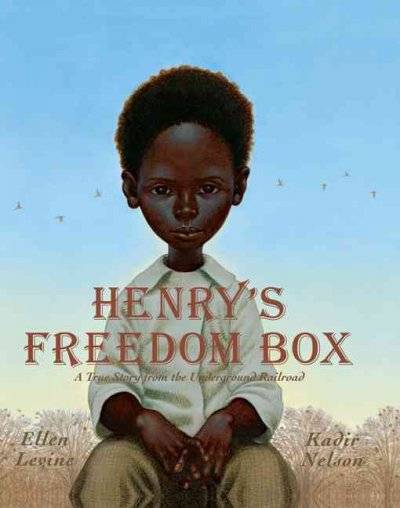1. Don’t be envious of others. Even though I didn’t put these in rank order, I think this may be the biggest lesson that my mama shared with us, her children. She would say, “Be happy you can be friends with somebody who has something you don’t.” This has helped me get along with so many people, including the ones who have been envious of me. I find myself ingratiating them, letting them know we can show love even when we want to hate. And if I weren’t friends with them or they still hated on me, my mama would make sure to emphasize numbers 2, 3, 4 and 5.
2. Celebrate with others. She would always say that we won’t get everything we want so when someone else achieves, celebrate with them. Be happy for them. “It takes nothing away from you,” she would say.
3. Know that you are good but may not always be the best. She had to tell me and my siblings this because for the first few years of life we were at the top of the class. She wanted to squash disappointment and despair before it happened. It worked for me. I had who would become my high school class valedictorians help me in honors geometry because I realized they were the best and I sure wasn’t. Till this day, I seek out the experts and thank God that I can.
4. Treat people like you want to be treated. The Golden Rule was golden in our house and prevented a lot of fights. This rule has also helped me to gain and maintain endearing relationships.
5. You don’t have to live with those people. She would say this when I couldn’t get along with my classmates, teachers or co-workers. Even though I would spend a majority of the day with them, she was letting me know that my refuge was at home. And what a wonderful refuge it was. I was always prepared to face my giants in the morning because I could look forward to coming home.
6. Share what you have. “Never be stingy. Everybody needs some kind of help,” my mama said.
7. Read between the lines. “I can’t stand when grown people can’t tell what’s going on and understand what’s being said by what’s not being said,” my mama would say. “Learn to read between the lines.” She taught us how to observe people’s body language, facial expressions, tone of voice and euphemisms. This tool has been invaluable as a writer, a minister and in all my relationships.
8. Nothing beats a failure but a try. My mama always said and lived up to this. Like I told you before, she has a lot of nerve and often gets what she desires because of this attitude. She wanted us to seek the best and not ever have a defeatist attitude.
9. Be yourself. “I can’t stand no phony people. Don’t be trying to be like nobody else. Ugh! Be who God made you to be. You look foolish trying to sound like or look like somebody else,” my mama said.
10. Walk straight and hold your head up. “Don’t be walking like you are afraid. You aren’t afraid of anybody. Be proud of who you are,” my mama said.
And what anchored all these was her constantly saying, “Trust God.” I’m glad I did trust Him, not just to help me with those 10 lessons but to help me believe that Jesus Christ is the only way to Him. I placed my faith in Jesus as my Savior and Lord in November 1995, not understanding how this salvation worked but trusting God for further revelation. God has shown Himself to me and given me a greater understanding of Him and my salvation. I thank God for all my mama’s lessons, but most of all for the command to trust God.
Copyright 2010 by Rhonda J. Smith



